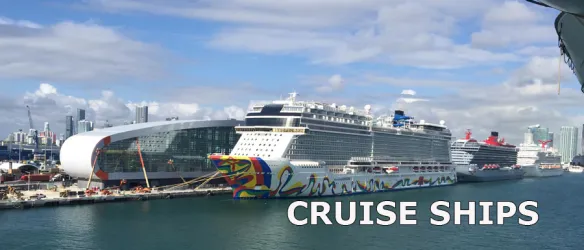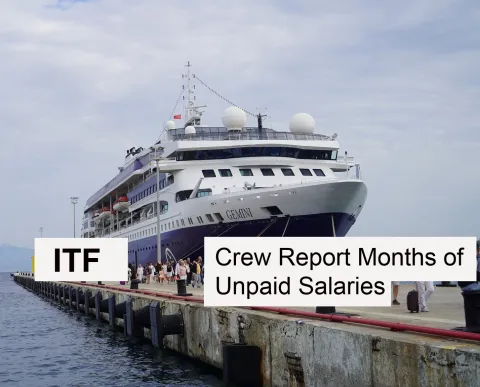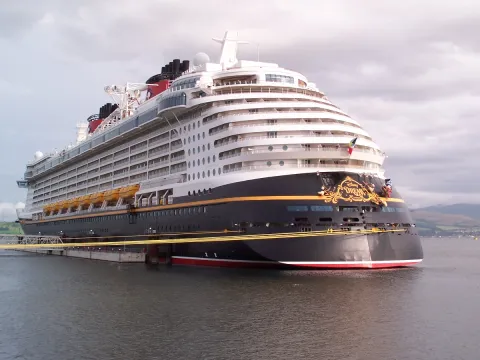
To determine whether a job on a cruise ship is good or bad depends largely on your priorities and values. The attractiveness of a cruise ship job can vary based on what you prioritize the most.
Factors to Consider:
Time Off and Travel: Musicians and production entertainers, especially, enjoy relatively fewer working hours, affording them more time on land when ships dock. They also receive a favorable wage.
Salary: Depending on your preference, living in a location with a favorable currency exchange can significantly impact your earnings. Higher-paid roles include IT trainers, back-office staff like accountants, and high-ranking officers such as staff captains or hotel directors.
Privacy and Non-Hospitality Roles: For those valuing privacy and disinterested in hospitality, below-deck jobs like upholsterer, engineer assistant, or laundry assistant offer seclusion.
Land-based Activities: If exploring on land is a priority, shore excursions offer opportunities to experience different activities for free, despite the challenging work and hours.
Hospitality Roles: If hospitality is your strength, various positions, from auctioneer to fitness coach, acupuncturist, hair stylist, front desk staff, library staff, and food and beverage staff, provide chances to interact with guests.
Finding Your Fit:
Discovering what matters most to you and aligning it with your skills and interests makes cruise ship jobs an excellent option for any profession.
Pros and Cons of Working on Cruise Ships:
Advantages:
Financial Gains: Depending on nationality, salaries are often tax-free, and for many, they exceed earnings back home. Westerners may find the pay comparatively low but can still save more on the ship than on land.
Travel Opportunities: Working on a cruise ship allows you to travel the world for free, experiencing various destinations over the years.
Friendships: The close-knit community onboard fosters strong friendships, creating connections that last a lifetime.
Career Advancement: Ample opportunities for career progression exist, with cross-training options and chances to move into higher-ranking roles.
Cost of Living: While onboard, everything is provided – food, housing, utilities, and healthcare – resulting in substantial savings.
Vacation Period: After your contract, you're entitled to 6-8 weeks or more of unpaid vacation, allowing you to use your savings to enjoy time off.
Job Security: It's challenging to lose your job on a cruise ship unless you engage in serious misconduct.
Disadvantages:
Long Working Hours: Depending on your position, you might work between 10-14 hours per day, seven days a week, while onboard.
Separation from Family: Being away from family for an extended period can be emotionally challenging.
Management Challenges: Differing leadership styles due to a diverse crew can pose challenges, but managerial contracts are usually short-term.
Lack of Pension: Retirement planning is essential, as cruise ship jobs typically do not offer pensions.
Food Quality: Crew food may be repetitive, as cruise ships may not allocate significant funds for it.
'Mafias': Some groups may form based on nationality, leading to preferential treatment or potential challenges for those not part of the group.
Crew Insights
Articles and experiences shared by crew members working on cruise ship. Find out more about ship life at sea together with tips and advices for first time crew members and cruise oldtimers.












